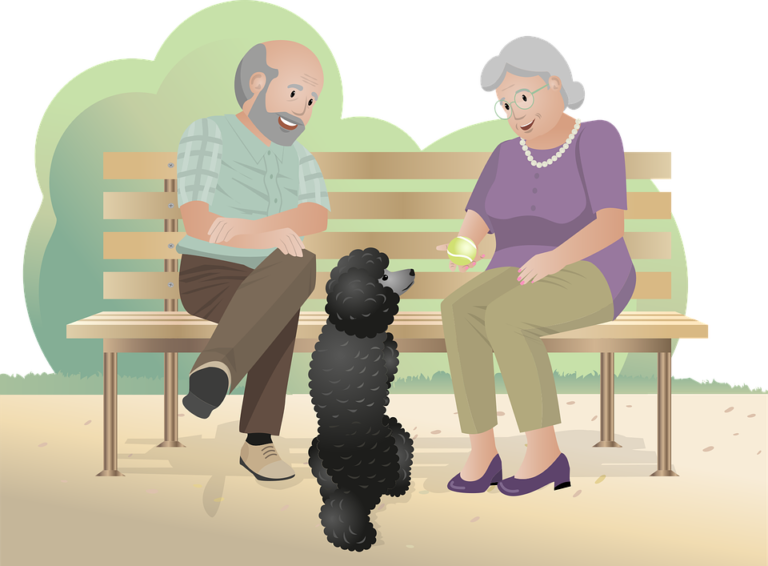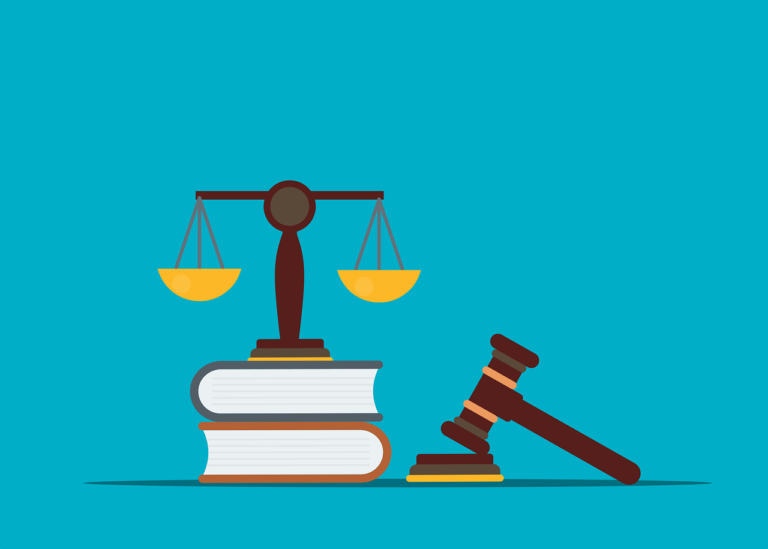Book Appointment Now

Challenges of the Remote Telephone Triage
In recent years, remote telephone triage has become an integral part of public health nursing, offering a way for nurses to assess patient needs and provide care over the phone. This system enables healthcare professionals to triage patients remotely, guiding them to appropriate services without the need for in-person visits. However, the challenges of remote telephone triage are significant and require attention to ensure high-quality care. In this article, we’ll explore these challenges, particularly in the context of public health nursing.
Get a custom nursing essay with challenges of remote telephone triage assignment? ![]()
Understanding Remote Telephone Triage in Public Health Nursing
Remote telephone triage involves nurses assessing patients’ symptoms, determining the urgency of their needs, and providing appropriate recommendations or referrals—without face-to-face contact. This method is commonly used in public health settings to manage large populations, especially in rural or underserved areas, and during health crises.
Telephone Triage in Nursing: A Critical Public Health Tool
Telephone triage in nursing offers many benefits, including quick access to care, reduced healthcare costs, and improved patient outcomes. Nurses can provide immediate advice, assess the need for urgent medical intervention, and offer health education. However, this method also introduces various challenges that can impact the effectiveness of care.
Key Challenges of Remote Telephone Triage
Despite its advantages, there are several challenges of remote telephone triage that public health nurses must navigate:
Communication Barriers in Remote Nursing Assessments
One of the main challenges in remote nursing assessments is the lack of visual cues. Nurses rely heavily on patients’ descriptions of their symptoms, making it difficult to accurately assess the severity of a condition without seeing the patient in person. Miscommunication or incomplete information can lead to incorrect advice, delayed treatment, or over-referral to emergency services.
Patient Health Literacy and Understanding
Not all patients are equally equipped to describe their symptoms or understand medical advice provided over the phone. Public health nurses must contend with varying levels of health literacy, which can hinder effective communication. This issue is particularly prevalent in underserved populations, where patients may not fully understand medical terms or know how to articulate their health concerns.
Lack of Standardization in Remote Triage Protocols
A significant challenge in remote triage protocols is the lack of standardized guidelines across different healthcare settings. While protocols exist, there can be variations in how they are implemented. Public health nurses must adapt to differing protocols, which can lead to inconsistencies in patient care. This variability can affect the accuracy of telephone triage assessments, potentially leading to inappropriate care recommendations.
Addressing the Challenges of Remote Telephone Triage
Enhancing Nurse-Patient Communication Skills
To overcome communication barriers, nurses must develop advanced telecommunication skills. This involves:
- Asking clear, direct questions
- Repeating key information to ensure patient understanding
- Using layman’s terms when explaining medical advice
Nurses can also use structured questioning techniques, such as decision-support tools, to ensure comprehensive assessments even in the absence of visual contact. Improving nurse-patient communication in remote settings is key to minimizing the challenges of remote telephone triage.
Leveraging Technology for Better Assessments
Advances in telehealth technology can help public health nurses improve the quality of telephone triage. For example, integrating video calls into telephone triage systems can provide a visual element, helping nurses make more accurate assessments. Additionally, electronic health records (EHRs) can provide essential patient history data to aid in decision-making, reducing the risk of errors during the triage process.
Navigating the Challenges of Remote Telephone Triage in Public Health Nursing
While the challenges of remote telephone triage are considerable, public health nurses are uniquely positioned to overcome them through improved communication, technological integration, and the use of standardized protocols. As remote care continues to expand, addressing these challenges will be critical to ensuring high-quality, equitable healthcare for all populations. By refining triage practices and investing in telehealth technologies, public health nurses can continue to provide effective remote care, even in the most challenging situations.
Also read:
- Using the Triage Assessment Form
- Triage: Who Goes First?
- Emergency Nursing Triage essay assignment
- Role of Triage in Emergency Care Assignment
- NUR 2790 Module 3 Discussion Triage
- Emergency Nursing Triage
- Role of Triage Nurse in Hospital Setting Essay Assignment Paper







